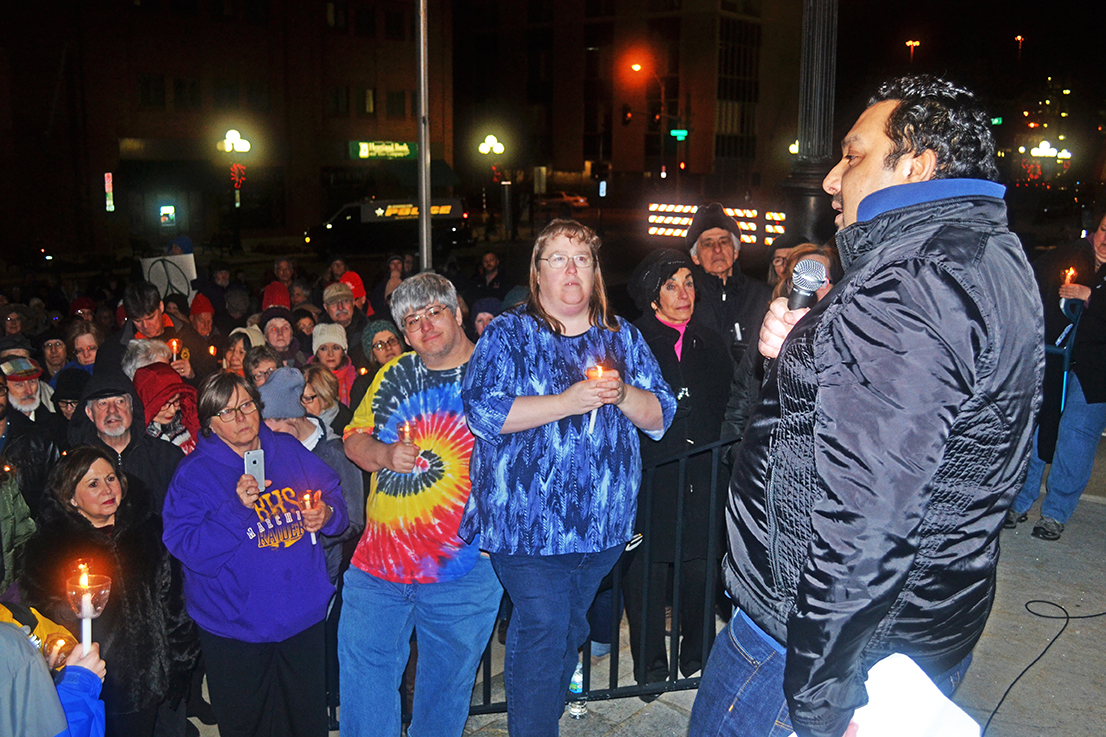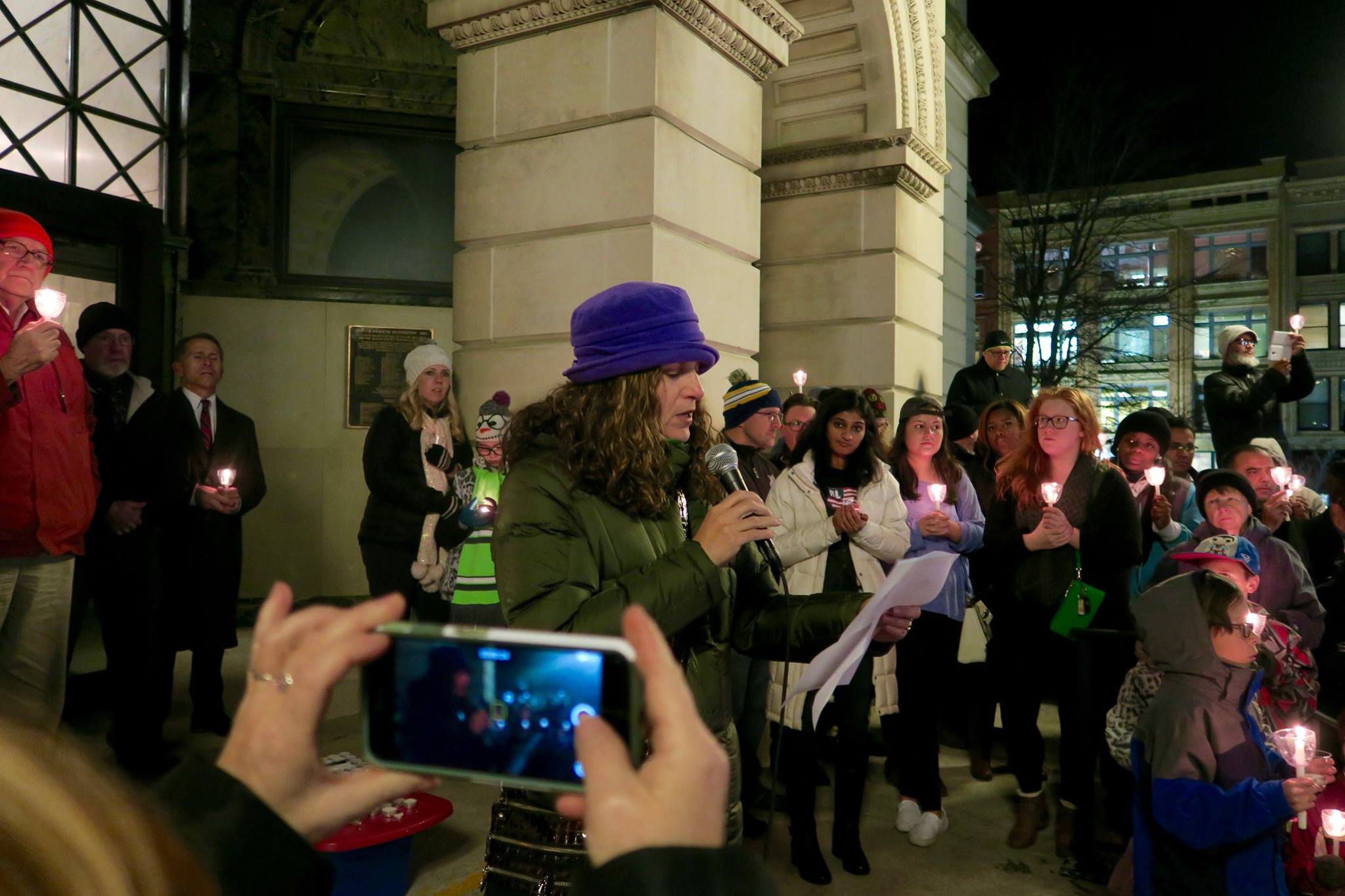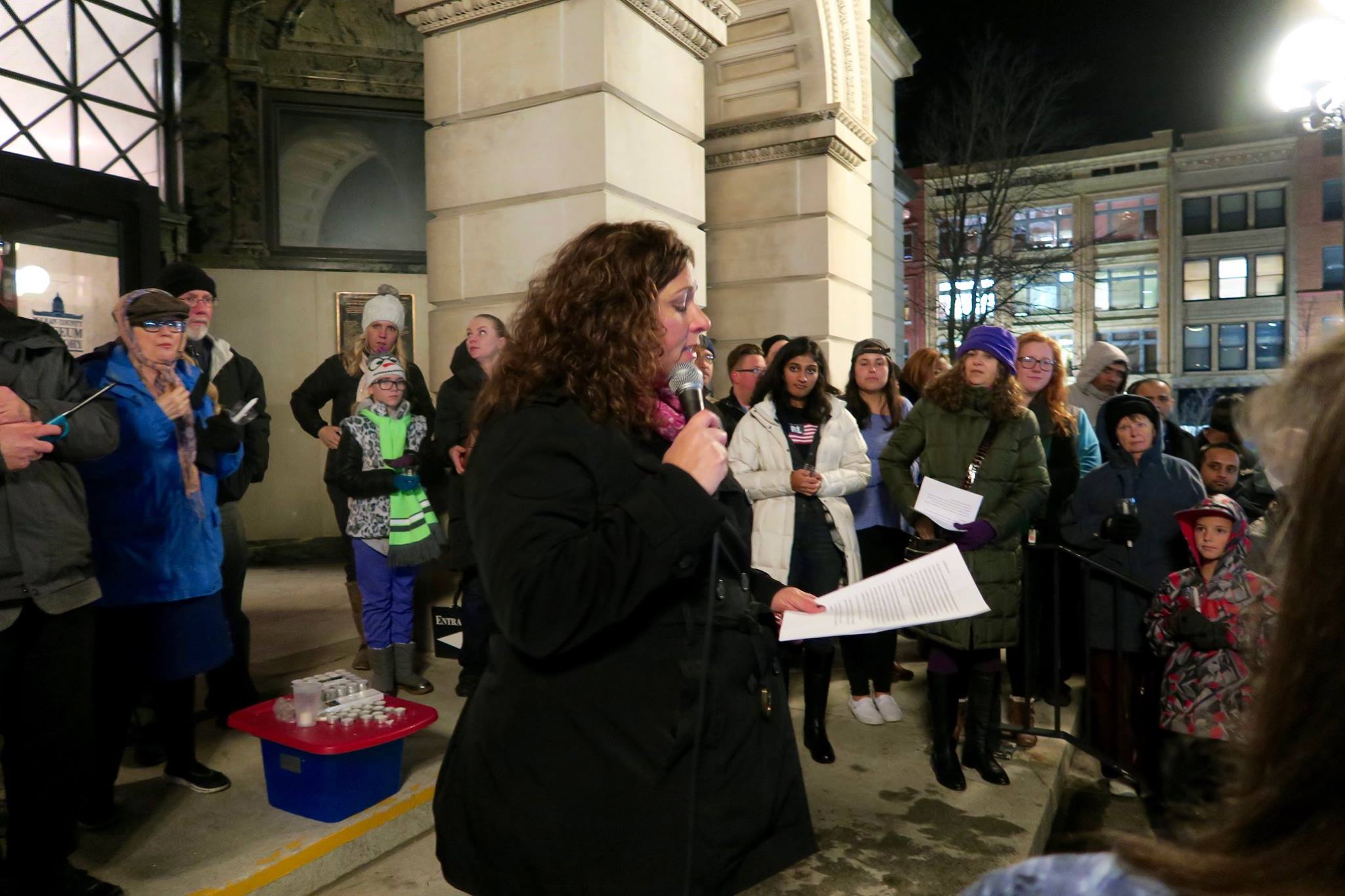Julia Evelsizer
The Pantagraph
the increasing presence of transgender students, more school district procedures are getting increased attention.
Local districts are prepared to accommodate transgender individuals while respecting the needs of other students, said Regional School Superintendent Mark Jontry. “Each transgender student would have an individual situation and districts will work with them, case by case,” said Jontry.
Federal Title IX, which began in 1972, is a law protecting students from discrimination based on gender in education programs or activities that receive federal assistance. That includes discrimination against transgender students. Recently, a school district in a Chicago suburb was under scrutiny for discriminating against a transgender male student who identifies as female.
The Palatine-based School District 211 initially denied the student access to a girl's restroom and locker room. The Office of Civil Rights (OCR) threatened to end the district's Title IX funding unless accommodations were made.
The district worked out an agreement with the student and the OCR: the student can use the girl’s locker room, and change and shower in a stall with a curtain.
Identifying as transgender and changing restrooms is not a simple switch, said Jontry.
“There is a process they must go through to demonstrate that change,” he said. In most cases, students must show proof of a new or amended birth certificate or a medical diagnosis of gender dysphoria. Then, student and parents would discuss accommodations with the district attorney that would be reviewed by the OCR.
Hopefully, the student, parents and school would come to an agreement on what types of accommodations to make. It all comes down to what accommodations will work best for the student and district, while taking all other students’ wellbeing into account,” said Jontry.
Normal-based Unit 5 has adopted an administrative policy, specific to accommodating the needs of transgender or gender nonconforming students. The policy prohibits genderbased discrimination and bullying, adding that each request from a transgender student must be managed individually with help from the district's attorney.
This was a recommended policy put out by the Illinois Association of School Boards,” said Dayna Brown, director of communications and community relations for Unit 5. “We wanted to be prepared because we know we have transgender students in this community, including Unit 5. We work with all of our students on a casebycase basis and our goal is to respect the dignity of all students in the district.”
Superintendent of Bloomington District 87 Barry Reilly said when LGBT students come forward with concerns, the district listens. “The key is to sit down and speak with the students and their parents,” he said. “Together, we come up with a plan to ensure the child’s needs are met.”
District 87 uses antidiscrimination policies already in place to accommodate transgender students, said Reilly, adding the current generation is more welcoming than the previous.
“They recognize and accept differences in people. When older generations worry, younger generations scratch their heads and say, ‘What’s the big deal?’”
Bloomington Junior High School and High School also have clubs to support LGBT students, such as the Gay Straight Alliance. Many local districts also partner with the local antibullying group, Not In Our School.




























